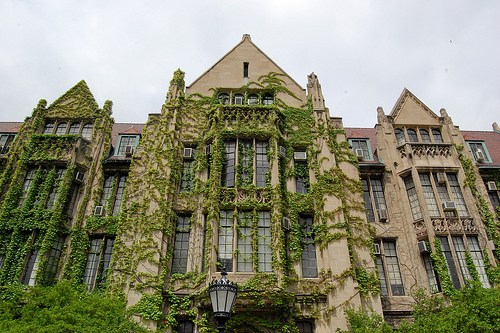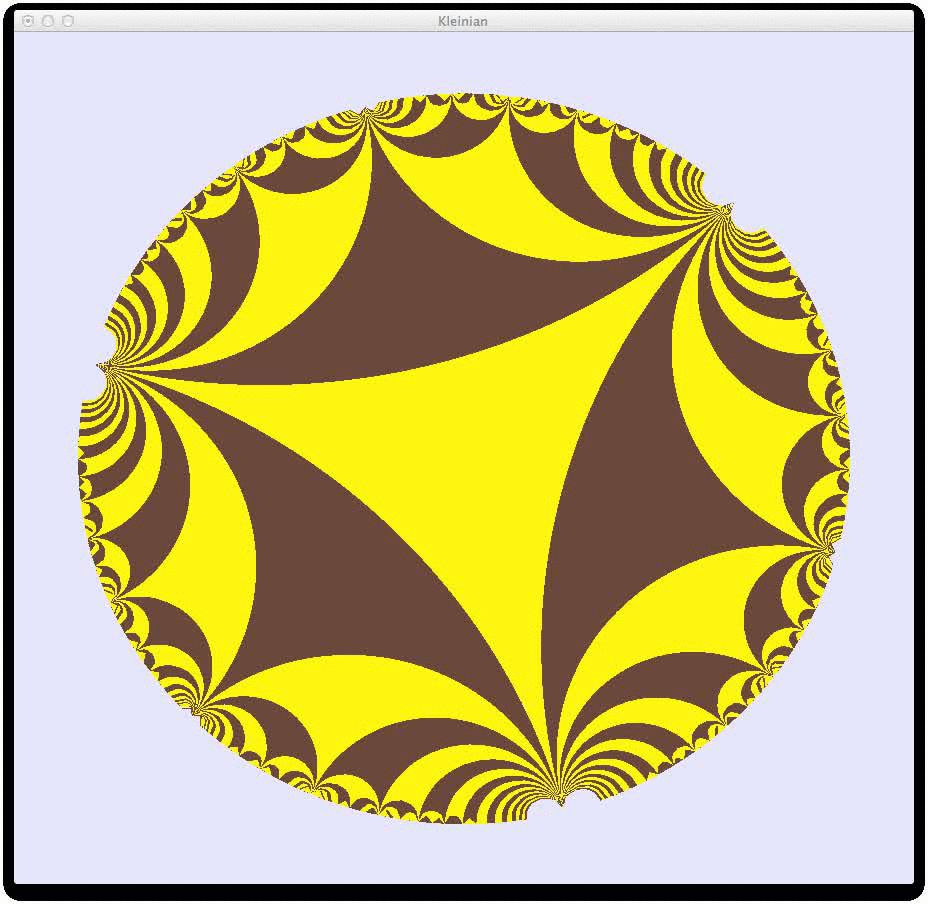First Chicago Summer School in Geometry and Topology
June 22-26, 2015


This is the first in a series of NSF funded summer schools in
geometry and topology
at the University of Chicago. Over several years it intends to introduce advanced
undergraduates and beginning graduate students to a broad range of topics
that are important to topology. This year the focus is on surfaces and should
be accessible to undergraduate and graduate students with a solid background
in covering spaces and basic differential topology.
Organizers: Danny Calegari, Alex Eskin, Benson Farb, Howard Masur, Peter May,
Alden Walker, Amie Wilkinson.
See the poster. For questions, write to chicagotopology@math.uchicago.edu.
Registration for this summer school is now
closed. Registered
students will be contacted by email shortly.
Financial support will be available for some qualified applicants. Because of funding restrictions,
priority must be given to US citizens and permanent residents.
List of courses
Minicourse by Howard Masur.
Introduction to the dynamics and geometry of flat surfaces. description
An interesting example of a dynamical system is billiards in a polygon in the plane. When the vertex angles of the polygon are rational multiples of π then there is an unfolding procedure which turns the billiard problem into studying the flow by straight lines on a compact surface with a Euclidean structure. Such surfaces are called translation surfaces. This mini course will serve as an introduction to this subject.
Minicourse by Alden Walker.
Finding surface subgroups. description
To understand a group, it is useful to know what kinds of subgroups it contains. I will discuss the problem of finding surface subgroups; that is, subgroups which are isomorphic to the fundamental group of a closed surface. This course will show how to prove the existence of surface subgroups in several classes of groups, including amalgams and HNN extensions of free groups, random groups, and hyperbolic 3-manifold groups. Although ostensibly about a specific algebraic phenomenon, this course will be almost entirely concerned with general geometric and topological methods to build "locally good" continuous maps between topological spaces. This course should be accessible to any student who has knowledge of the fundamental group. Background on hyperbolic geometry and delta-hyperbolic groups would be nice but is not necessary, as I will cover this material.
Course materials are available here.
Minicourse by Amie Wilkinson.
Entropy and surface diffeomorphisms. description
The notion of topological entropy is a way to measure chaotic features of a dynamical system. In these lectures, we will explore the properties of maps on surfaces with positive entropy. The ultimate goal is to understand why a surface diffeomorphism with positive entropy must contain a horseshoe, a hallmark of chaos. This result was originally proved by Anatole Katok in 1980, and elements of the proof include ergodic theory, the shadowing lemma,
and symbolic dynamics.
Minicourse by Benson Farb.
A crash course on mapping class groups. description
I will attempt to give the title. This topic has strong connections to
algebraic geometry, 3-manifold theory, 4-manifold theory, dynamical systems,
and many other topics. One goal of this crash course is to indicate some of
these connections. Another goal is to simply explain to the audience beautiful
idea after beautiful idea, going back to Dehn in the 1920's. The course should
be understandable to most advanced undergrads. Knowledge of the following
would be useful: geometry of the hyperbolic plane (hyperbolic structures on
surfaces, isometries, geodesics); fundamental group; first homology.
Knowledge of homology and cohomology, as well as the theory of fiber bundles,
would be nice but is probably not essential.
Minicourse by Alex Eskin.
Surfaces description
This will be an introduction to dynamics on homogeneous spaces, focusing on the case of
hyperbolic surfaces. Topics included: the ergodicity and mixing of the geodesic flow,
the unique ergodicity of the horocycle flow for cocompact quotients, and a
special case of Ratner's theorem. I will then give some applications.
For parts of these lectures, I will be following the book by Einsiedler and Ward.
Schedule
All lectures take place in Eckhart 133 (campus map)
These activities are
financed by the University of Chicago RTG grant (DMS-1344997).
Any opinions, findings and conclusions or recomendations expressed in this material are those of the author(s) and do not necessarily reflect the views of the National Science Foundation (NSF).

